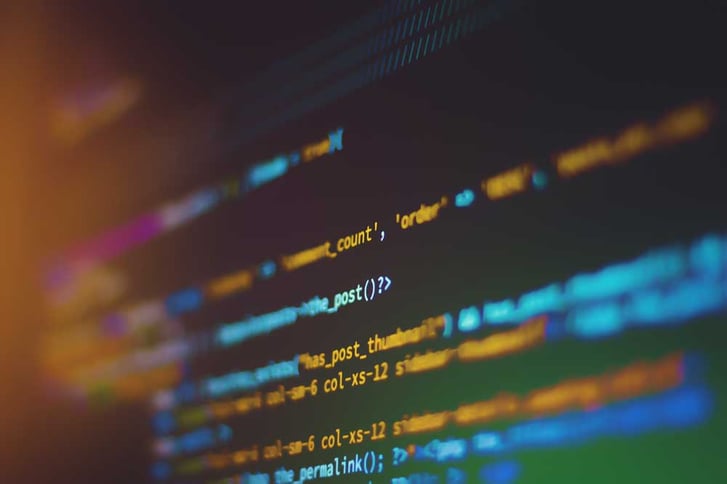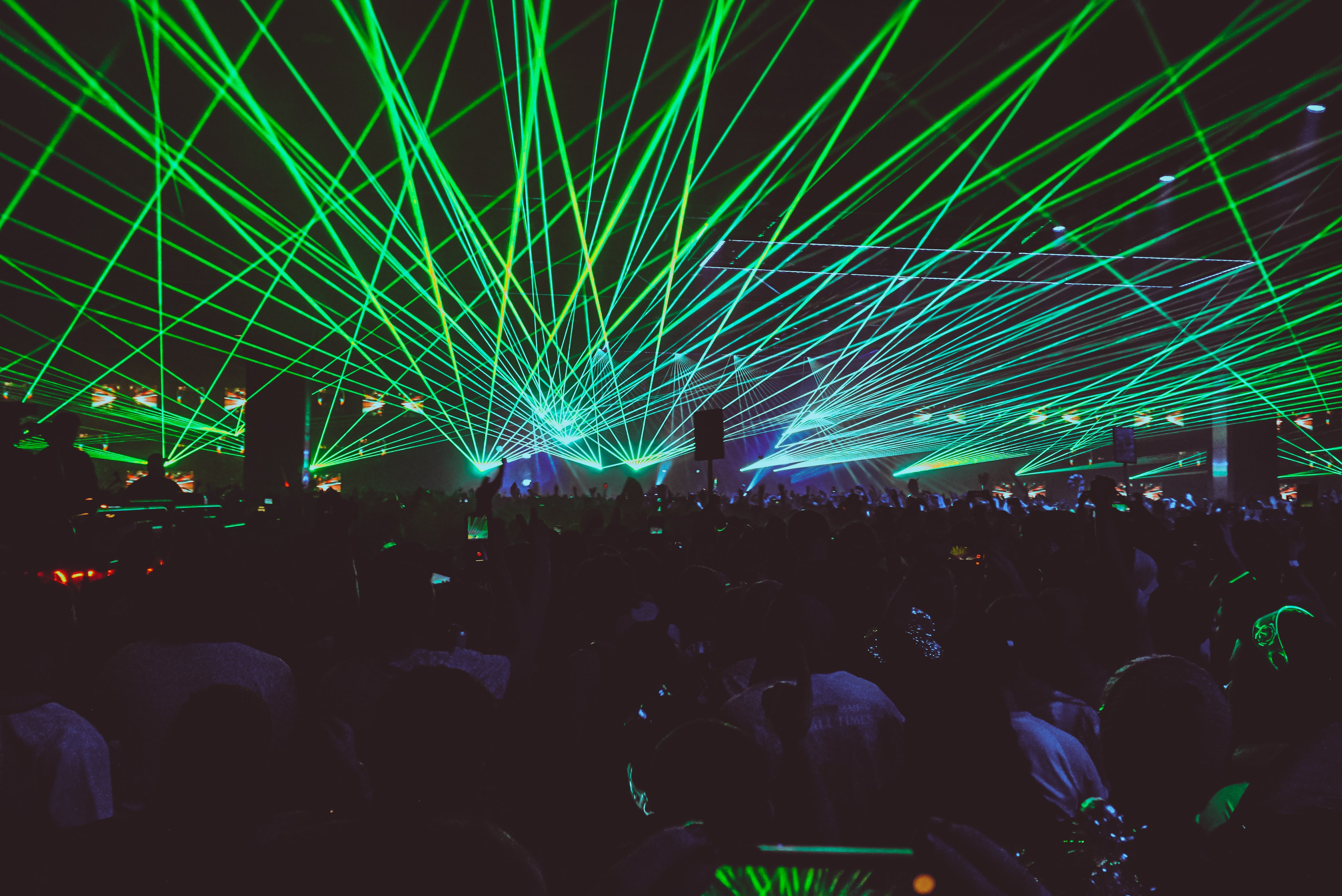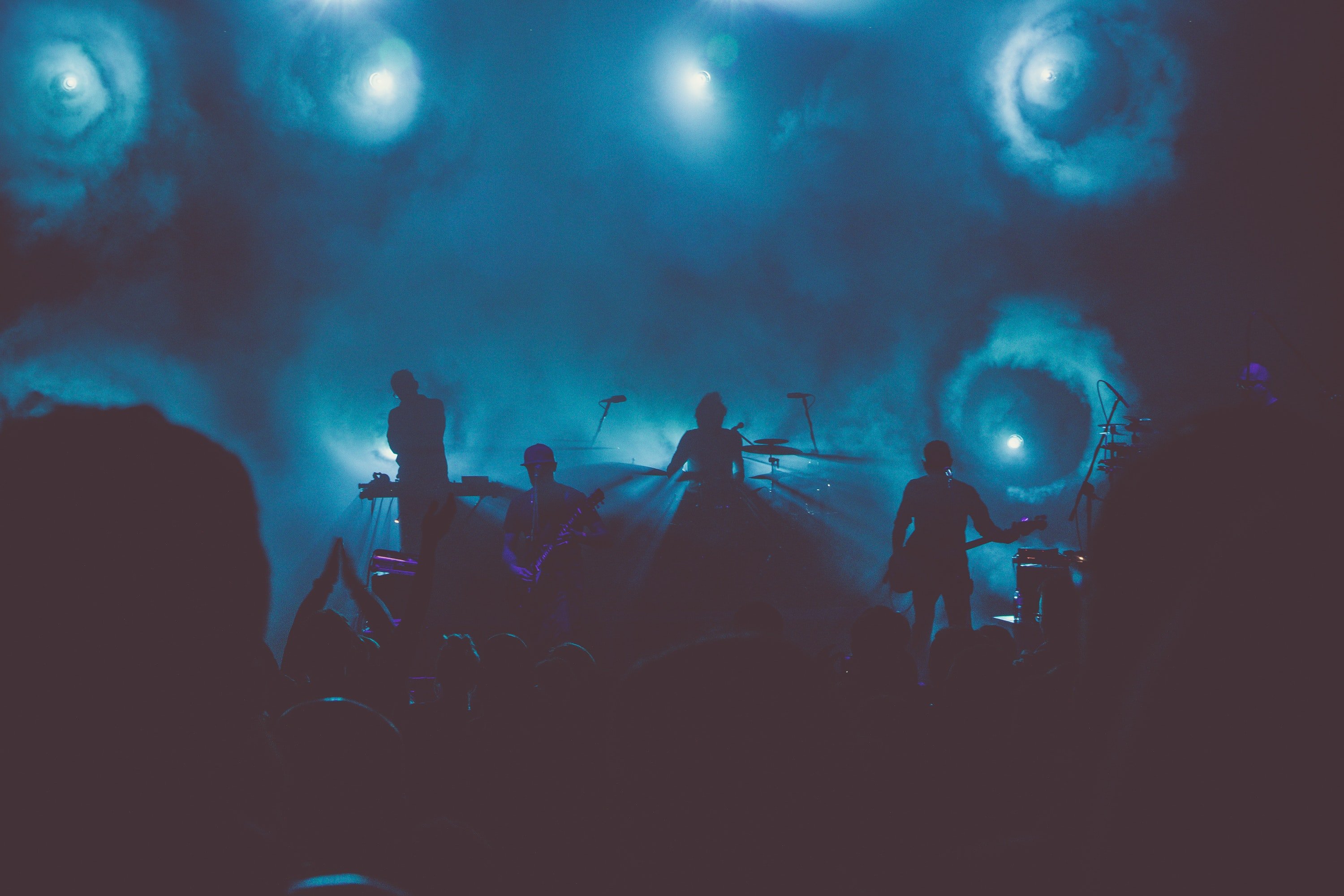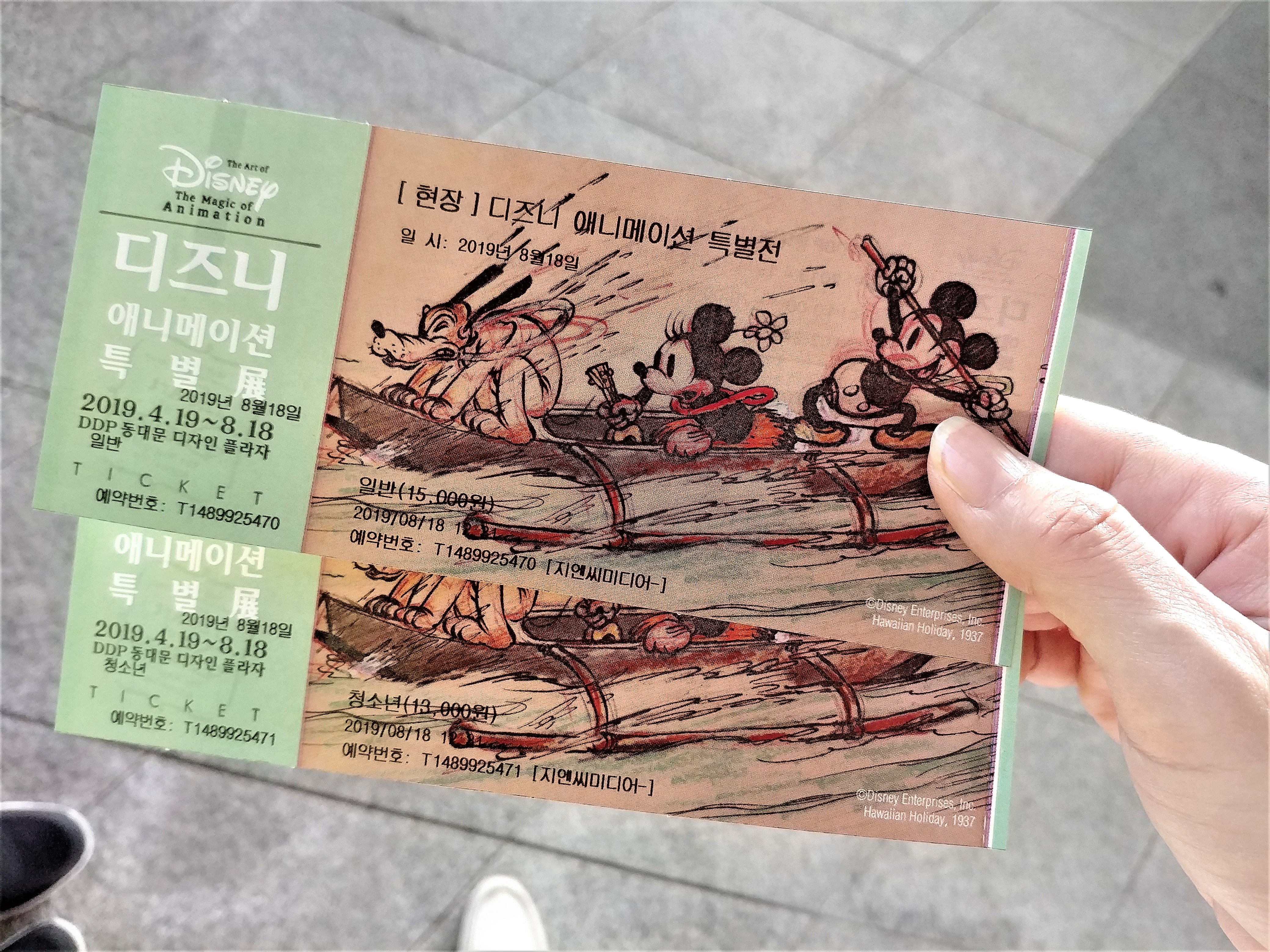The digital world is changing the physical world around us. It has affected the music industry, gaming industry, and even the working environment. The evolution of the internet has made certain interactions so much more effective and efficient. A new concept that is taking off is the NFT craze. These are non-fungible tokens or NFTs for short.
 Photo by Shahadat Rahman on Unsplash
Photo by Shahadat Rahman on Unsplash
What are NFTs?
NFTs can be broken down into having three distinct characteristics:
- They hold subjective value.
- They are not tradable.
- They are an exchange of tokens.
Subjective versus objective
Objective value is all about the necessities. It is something that does not need opinions to be important. An example of this could be the air we breathe or that people need food to function. Subjective value is those based on opinions or ideas. Something may have subjective value to one person and not another. An example of this could be a family photo or trading cards. To the right people, these items could be everything, and to another person, they could mean nothing.
Fungible asset versus non-fungible assets
Assets can be anything that holds value, they normally are things that help to generate revenue. Fungibility means it can be easily swapped from one item to another. An example of something fungible would be cash, a one-dollar bill will equal any other one-dollar bill. There is no difference between either dollar bill, so they hold the same value and can be easily swapped out for one another. Non-fungible assets are a little different. These are items that cannot be switched out that easily. An example would be one house for another, they are not the same and one could hold memories versus another does not. There are also semi-fungible assets that allow for people to trade equally or unequally depending on their situation. An example of this would be a cruise where one person could drop everything and go and the other person would not be able to. These people would both view the asset differently.
Token
Tokens are simply the assets, either a physical asset or a digital asset that is being exchanged. They represent items that hold value to the buyer or seller. This could be as simple as a piece of digital art or as complex as a certain gun in a video game.
Some rules have been put in place to allow for the transfer of NFTs to be even easier than before. There were three rules: ERC 721, ERC 998, and ERC 1155. The first one, ERC 721, created by William Entriken, allowed for the creation of tokens with different values. This is the special edition or even the rarity of certain items or characters. The next one, ERC 998, was created by Matt Lockyer, Nick Mudge, and Jordan Schalm. This standard made it easier to sell bundles of tokens online. Say a video game character had 15 different modifications, (shirt, sword, bow, helmet, etc.) to be sold in one transaction. Previously each separate token was sold in a different transaction. This made selling multiple tokens a lot more efficient. The last one, ERC 1155, which was created by Enjin, gives designers the ability to make different quantities of items. This for instance lets there be a lot of pistols versus the handful of flamethrowers in a game. This creates a lot more value to certain tokens in the virtual world.
 Photo by Oliver Beer on Unsplash
Photo by Oliver Beer on Unsplash
Non-fungible tokens are digital assets, usually, they are unique items that cannot be traded equally for an NFT of the same type. They normally hold subjective value, meaning these items normally hold value to the beholder or the people wanting to buy them. Some examples of NFTs in the digital world are:
- Digital NFT art
- In-game items
- Domain names
- Virtual property
- Event tickets
NFTs and the music industry
These tokens are also changing the way the music industry has always been. EDM has become very popular in the NFT world. They are using their background of technology to connect with their online communities using blockchain technology.
Within their careers, they are very knowledgeable about these different internet sensations and digital content, which is why it makes sense why they are the first to take advantage of the NFTs in the music industry. A great example of NFTs in the music industry is Disclosure, a duo out of England that specializes in EDM music.
 Photo by Zachary Smith on Unsplash
Photo by Zachary Smith on Unsplash
They created an NFT from a performance of a new song that they live-streamed on Twitch. As soon as they were done creating it, they put it up on Zora for sale and promoted it on social media such as Twitter. Zora is a platform that sells NFTs. This would allow the buyer to keep ownership of their performance, and sell it in the future. This particular NFT sold for about $133,300.
Disclosure also used it to sell the "Disclosure Face" which was a piece of virtual art. This particular piece of art gave the owner free entry for four guests into any of their performances worldwide. This applied for however long the owners have it, so it could go on for the bands' whole careers. This auction gave them a lot of publicity and actually sold for around ~$140,000.
The future of musical artists
NFTs also are changing the way musical artists are getting paid. NFTs are paid out on a commission structure, which allows for the artist to get paid after every transaction in the NFT marketplace. In regards to the "Disclosure Face", they receive around 30% of every sale, now and in the future. This gives the money back to the artists rather than a middle-man. Currently, "Spotify pays between $0.003 and $0.005 per stream". According to experts, if musicians switched to NFTs to sell their music/streaming services they would be making more because they receive revenue from the first and every transaction after for their products. Especially smaller music groups, who rely heavily on internet fanbases, NFTs being all-digital will get a lot of engagement from these particular groups.
Anil Lulla in his article about the Disclosure Face says, "Your first NFT sale is important. Make sure to make a big splash with it. You only get to drop your first NFT once". These give the artist the power to help their brands and to best connect with their audiences, so first impressions matter. This also allows musicians to connect with their fan base while selling specialized products as digital collectibles to super fans. While Disclosure's auction was going on the group live-streamed it allowing for people all over the world to gather and watch. This also allowed for the purchase of the Disclosure Face to become a part of one of their fan's NFT collections.
A couple of other examples of the changing music industry is Cameo, which is a paid service where celebrities will send you specialized messages. This allows for a more personal conversation between fans and the celebrity creator. Another example would be Post Malone creating a celebrity beer pong league using NFTs. This engagement raises the bar for the music industry as a whole on the level of personalized engagement with their audiences, especially in the NFT space.
NFTs and ticketing
The ticketing world is changing once again. In recent years you would have physical ticket stubs telling you section, seat numbers, and serve as a memory keepsake. In today's world ticketing is being moved online as well. AD Insider talked to Andre' Walker who is the Houston ISD director. They talked about how even at a high school level, all ticketing is going online. They use a site called GoFan, which is one of the largest digital ticketing sites for high school sporting events. They open their site on Monday or the current week, allowing for high promotion and to see a good approximation of how many people will be attending the event.
NFTs in ticketing also allows for the creation of custom tickets. These could possibly have designs or artwork on them. These also make for collectible items for the community. This would have fans be able to capture the moments they attend in a more physical form. Most people just take a picture on their phone, but now through NFTs, they can own a piece of the event itself. This has value upon capturing the memories of all of the different events.
The scalper problem
The ticketing world is getting so much more complex, with memories being able to be converted into keepsakes, and all levels of sports/events switching to NFTs. One of the biggest problems right now is scalpers, these are the people currently benefiting from ticketing sales. Scalpers are the people who buy tickets for cheap costs and sell them for higher values. This makes the profit revenue go right into the pockets of the scalpers, whereas the venue, production company, or promoter do not get the profits from the second sale of the tickets.
The solution is NFTs, these would allow for the creation of an auction with tickets. A popular Youtube Channel, Making it Network talks about how "In the smart contract for the NFT, you can create a commission for the original creator...now instead of the Scalper making all that extra money that money goes into the pockets of the promoters, the venues, and the artists". This is accomplished by the commission base structures that NFTs have. They allow for commission on all transactions throughout the life of the product to benefit the creators, creating an unlimited amount of profits.
The future of NFTs
According to experts, NFTs are going to change the entire exchange market in the internet sphere. They are going to make fans more connected with their idols, and make memories more into keepsakes. NFTs are already starting to dive into the ticketing world, and it is just going to keep evolving. Shawn Kanungo and Anh Nguyen talk in a YouTube video called "What are the implications of NFTs in Events". In their discussion, Shawn says that since NFTs are "...relatively new, I feel like 99% of the world has not figured this out yet. This might be the one thing the event planners, event organizers, professionals actually dive into and understand and get ahead of the curve".
What are your thoughts? Comment below what you think the future of NFTs and ticketing is.
Subscribe for more
Stay up to date on the latest industry news by subscribing to the PromoTix "Behind the scenes" blog below.


 Photo by
Photo by .jpg)
